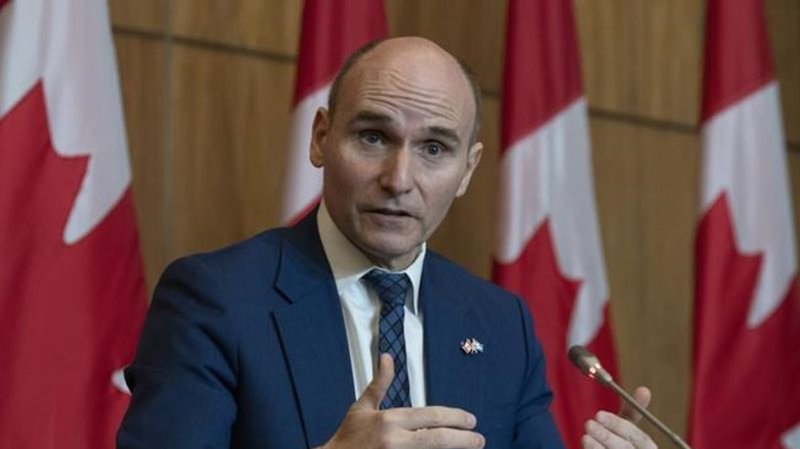
Ottawa claws back $82M from health transfers to 8 provinces charging private fees
OTTAWA — Provinces that continue to allow private clinics to charge patients directly for virtual health care could see their future federal funding clawed back, as the government moved Friday to put an end to a proliferation of for-profit virtual care in Canada.
In a letter sent on Thursday, Health Minister Jean-Yves Duclos warned his provincial and territorial counterparts that medically necessary services are covered by the Canada Health Act, even if they are provided online or by phone.
“There should be no fees for medically necessary health-care services, wherever people may live in this country,” Duclos said at a news conference on Parliament Hill.
Duclos said health-care delivery is always evolving and virtual care has become much more prevalent since the onset of the pandemic. He said that is a good thing, but has come with the added risk that people who cannot afford to pay will be unable to access the service — and that directly contravenes the spirit of the Canada Health Act.
